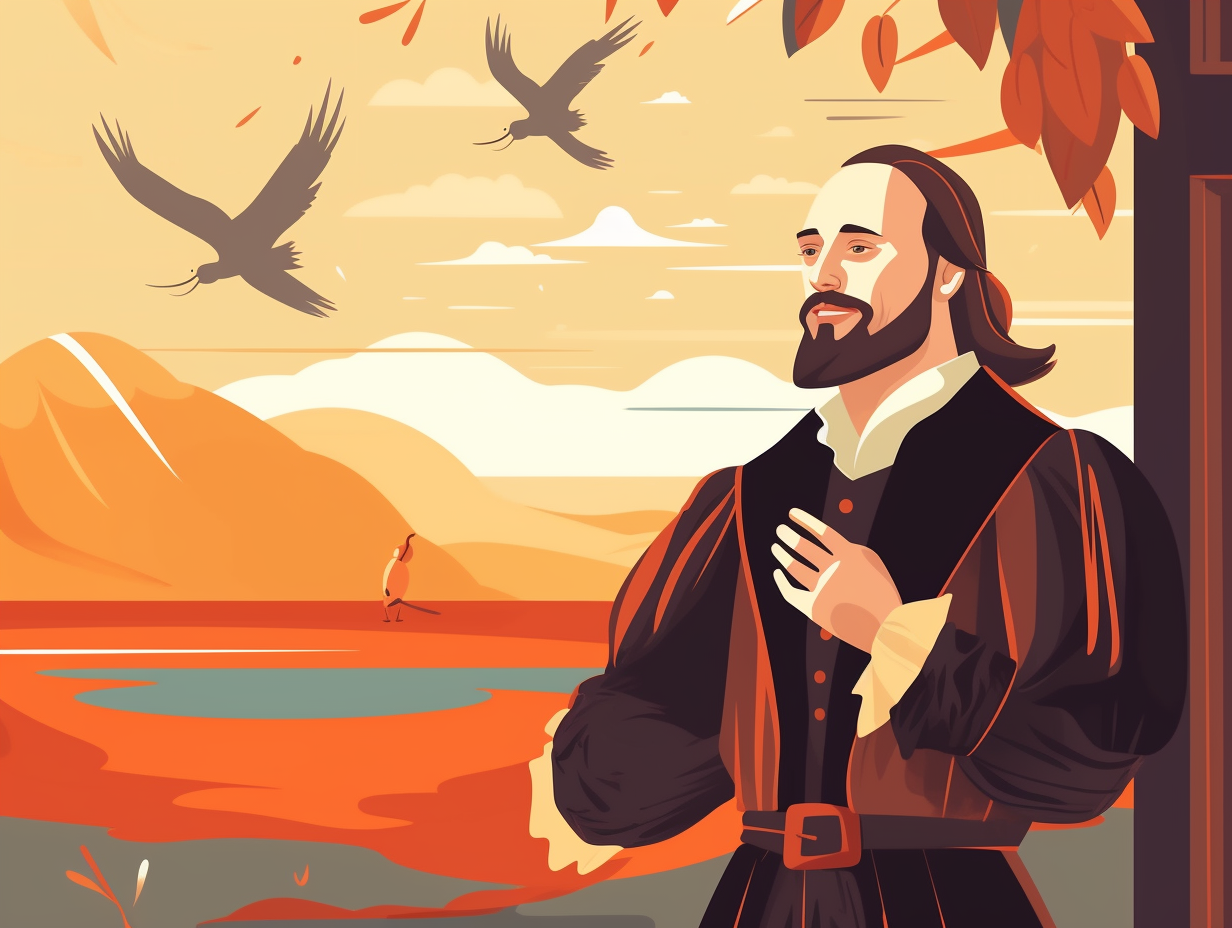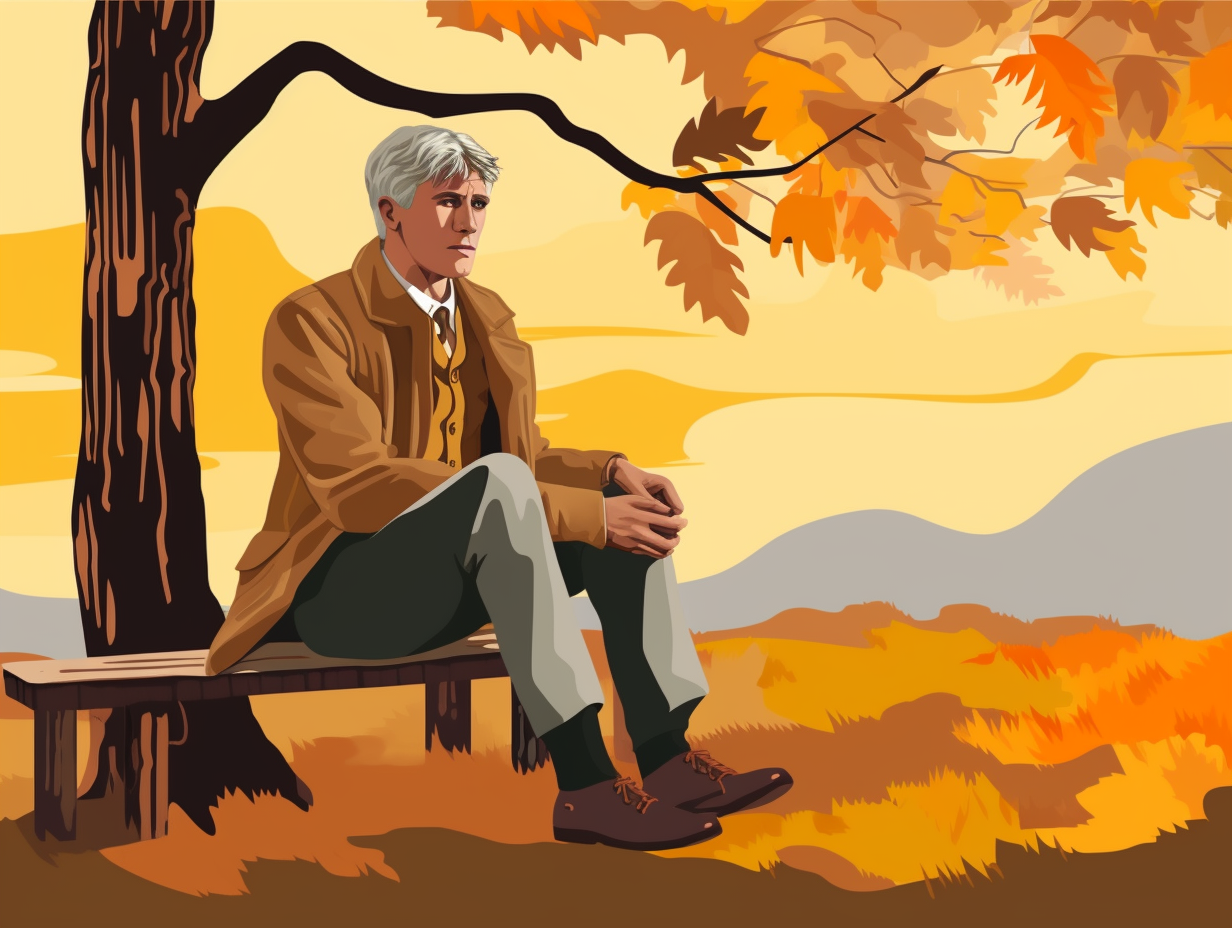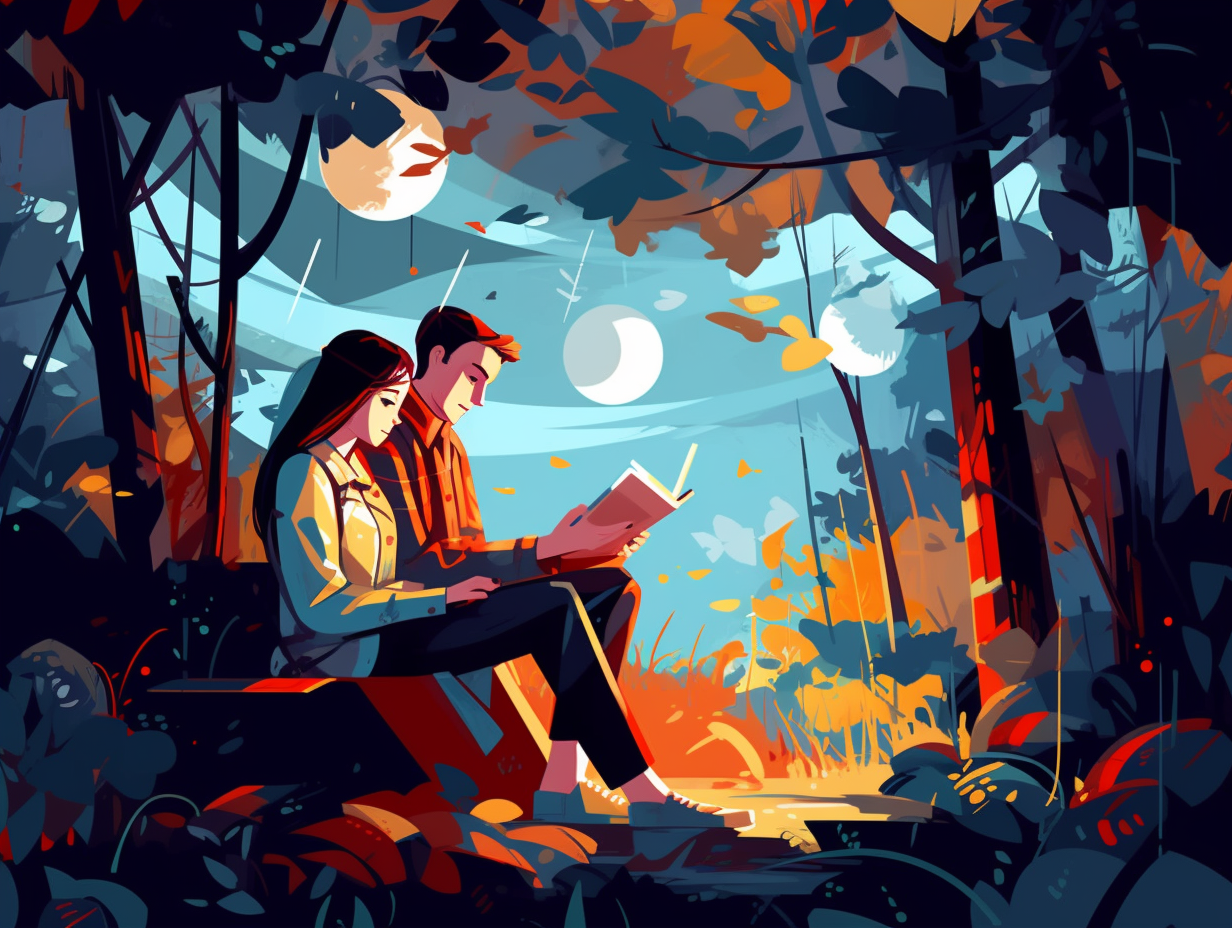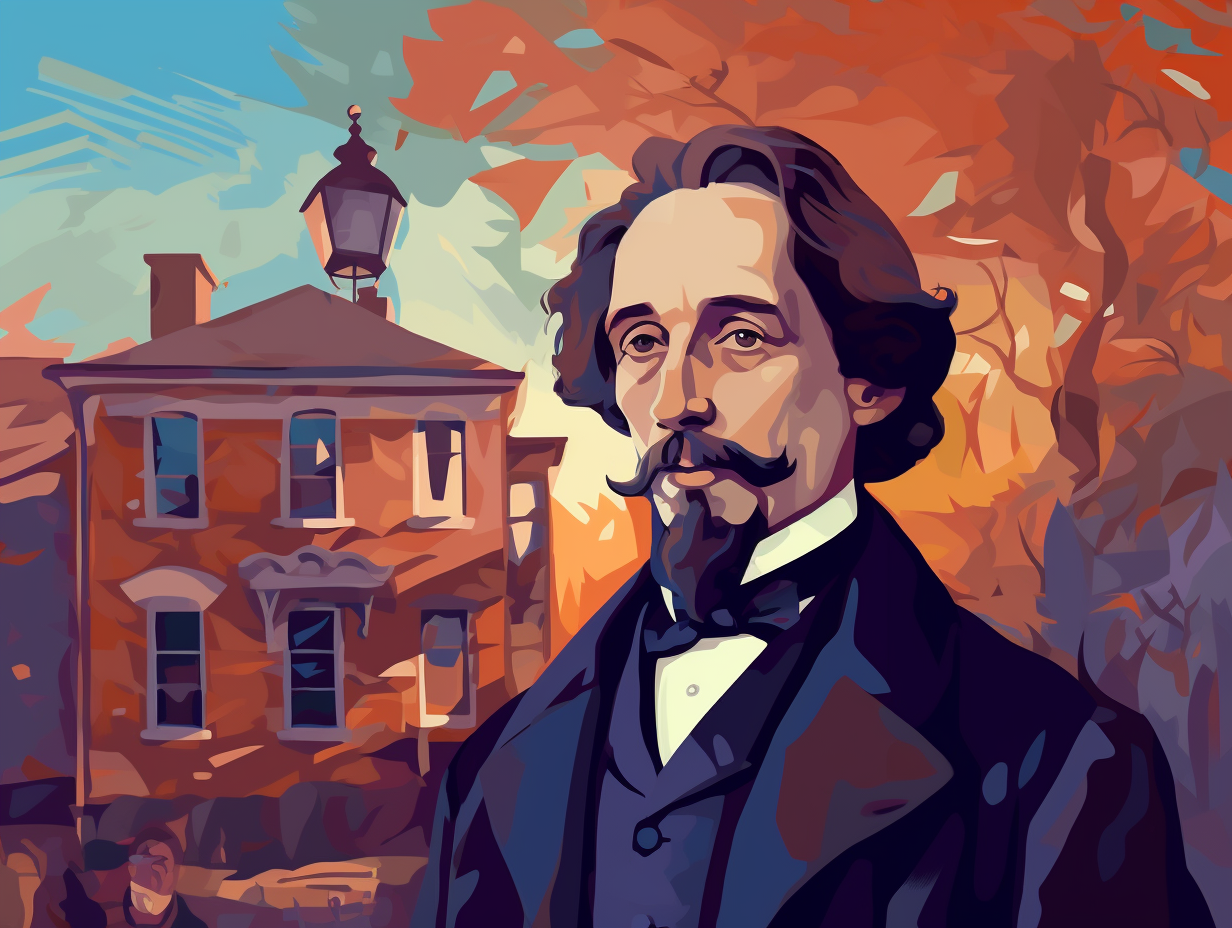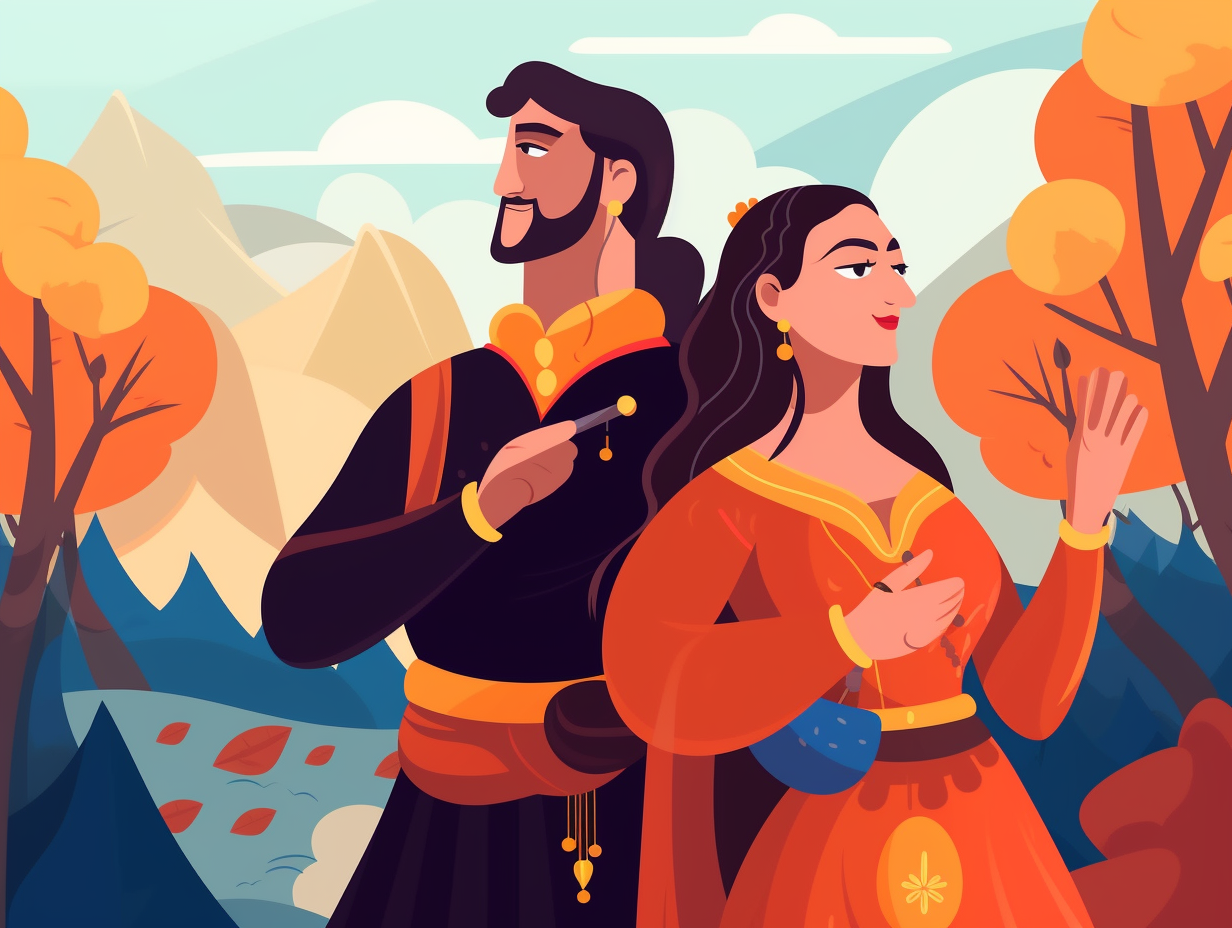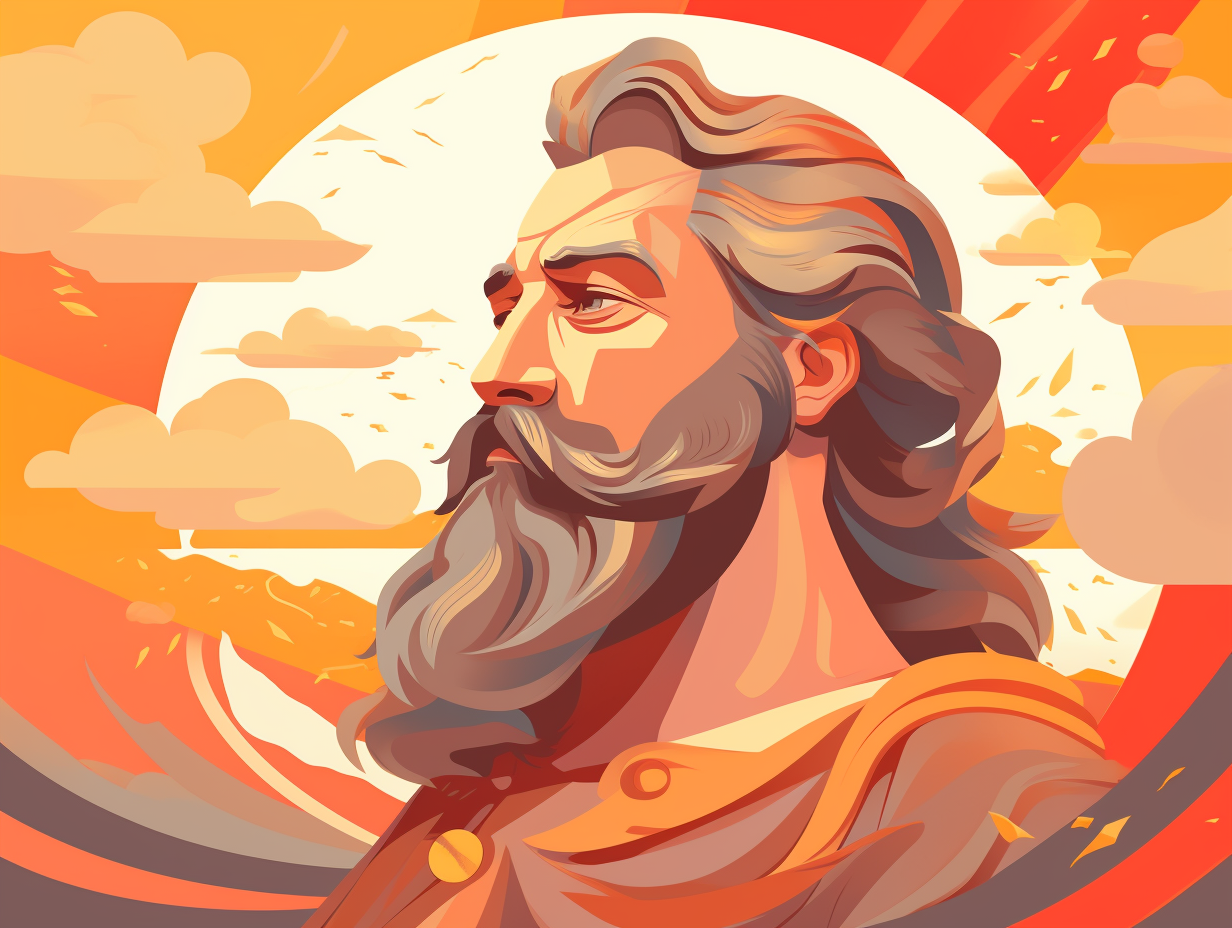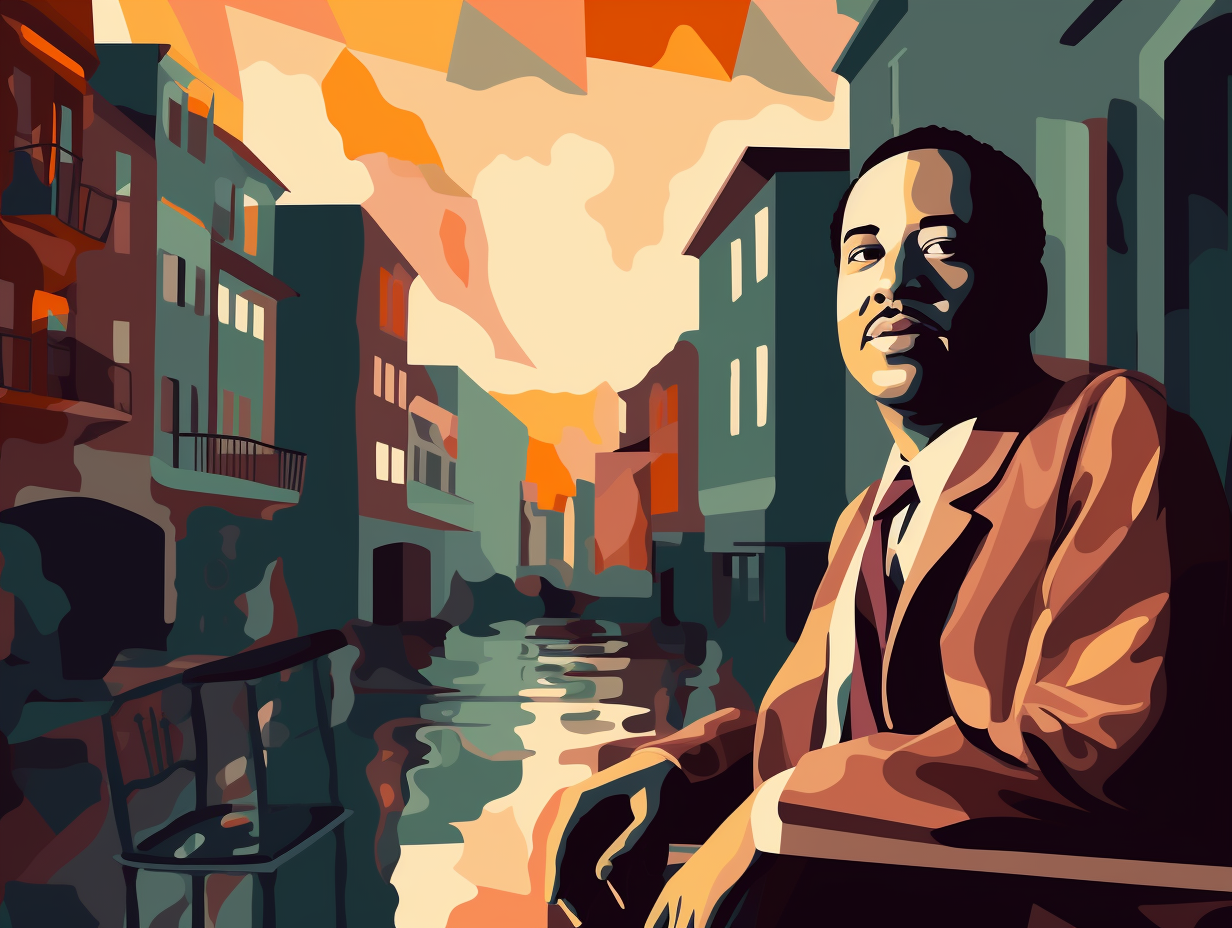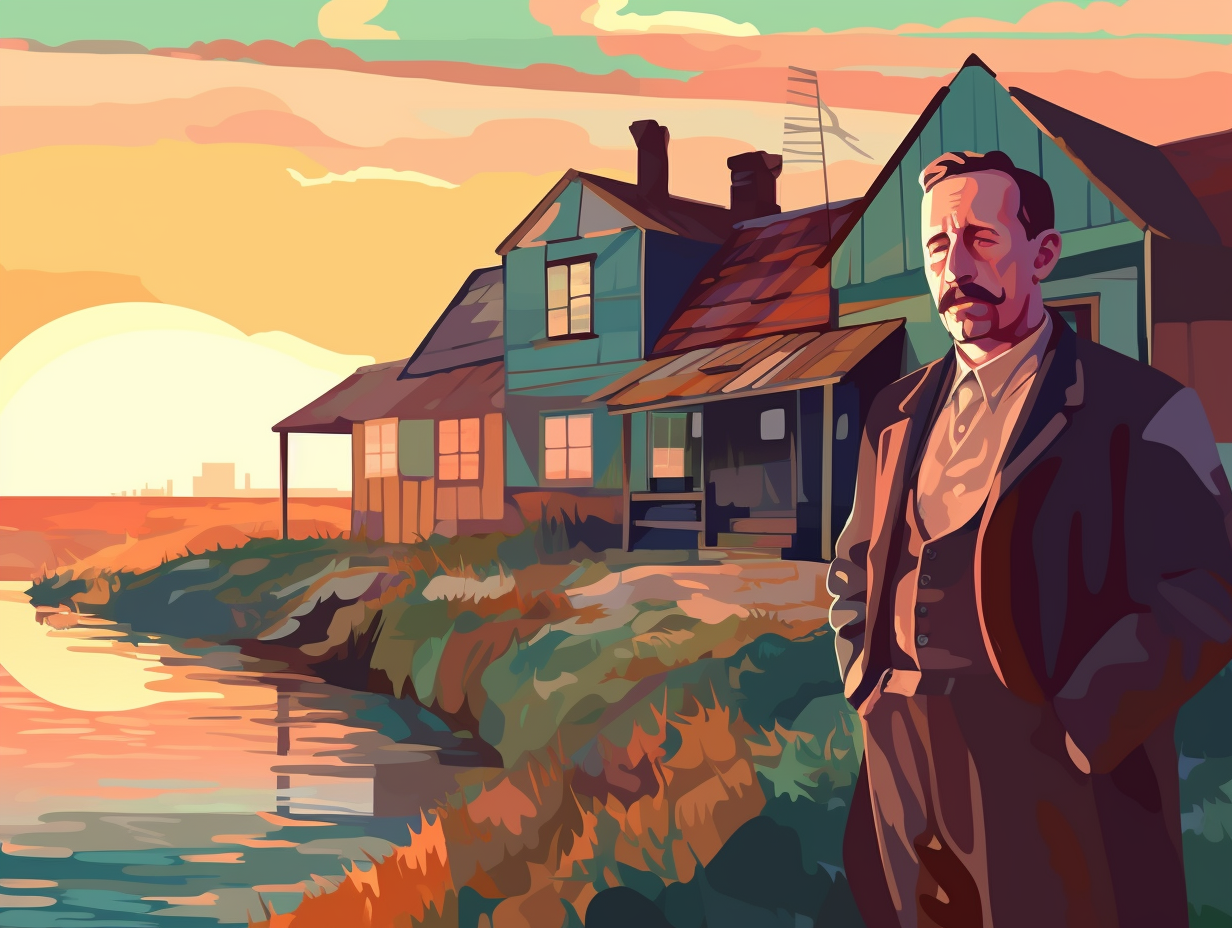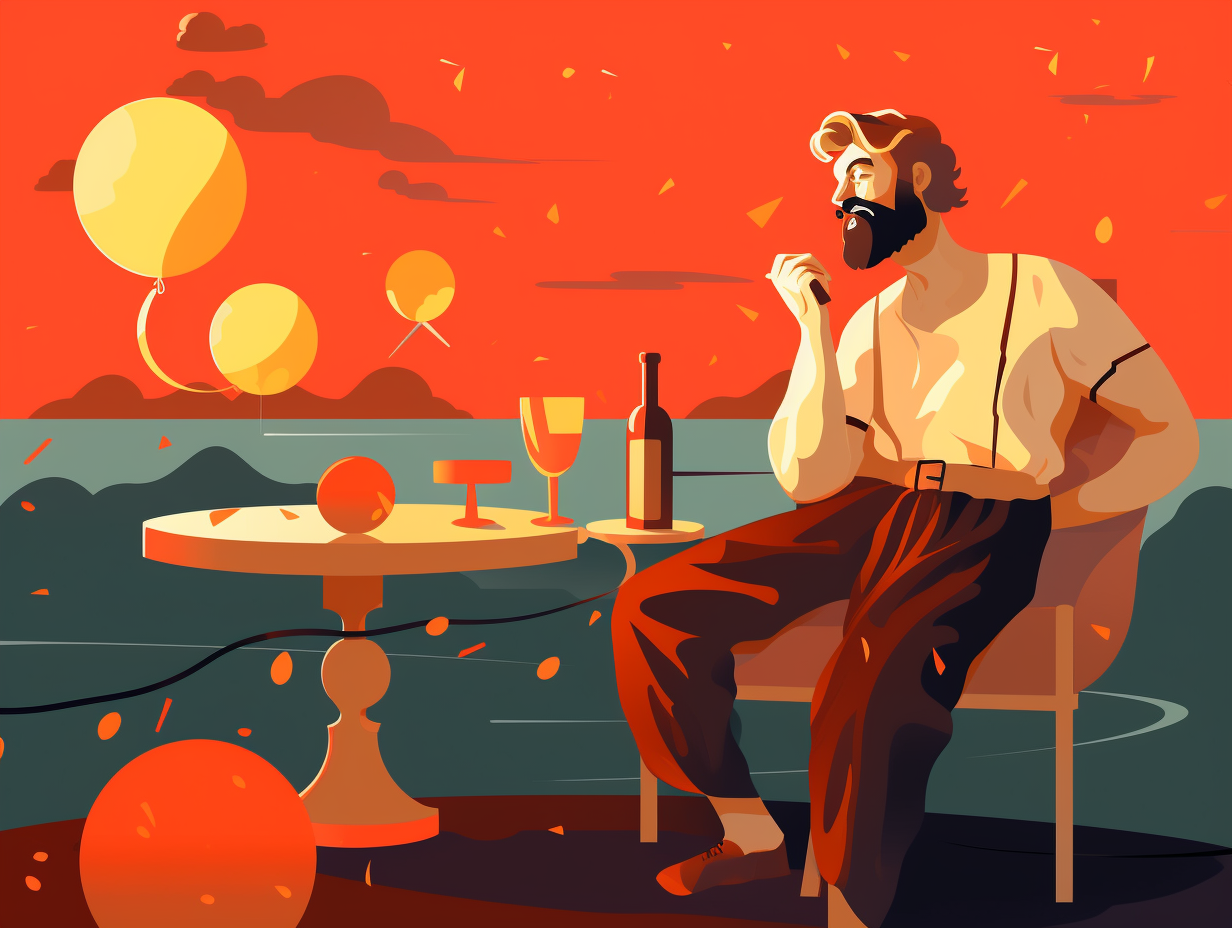Uncover the Secrets: 13 Fascinating and Lesser-Known Beowulf Fun Facts Revealed

1. Beowulf: The Ultimate Monster Slayer
In a world where the only monsters we worry about are the ones under our beds or lurking in junk-mail folders, it's hard to fathom the melee of slaying giant beasts like Grendel: Enter the epic poem Beowulf, the longest in Old English and a literary masterpiece dating back to the 700s. This classic tale provided the blueprint for heroics and has influenced the likes of J.R.R. Tolkien and modern fantasy literature, proving that even ancient heroes can conquer the test of time.
Source => bl.uk
2. Beowulf's Great Escape from Fire
Well butter my toast and call me crispy: Beowulf's ancient script was nearly tossed into the great fiery cauldron of literature loss in the infamous 1731 library fire! Thankfully, the charred codex had a bit of cosmetic surgery in the 19th century at the British Museum, stitched back together and nursed back to life for generations to ponder over its magnificent Old English prose.
Source => blogs.bl.uk
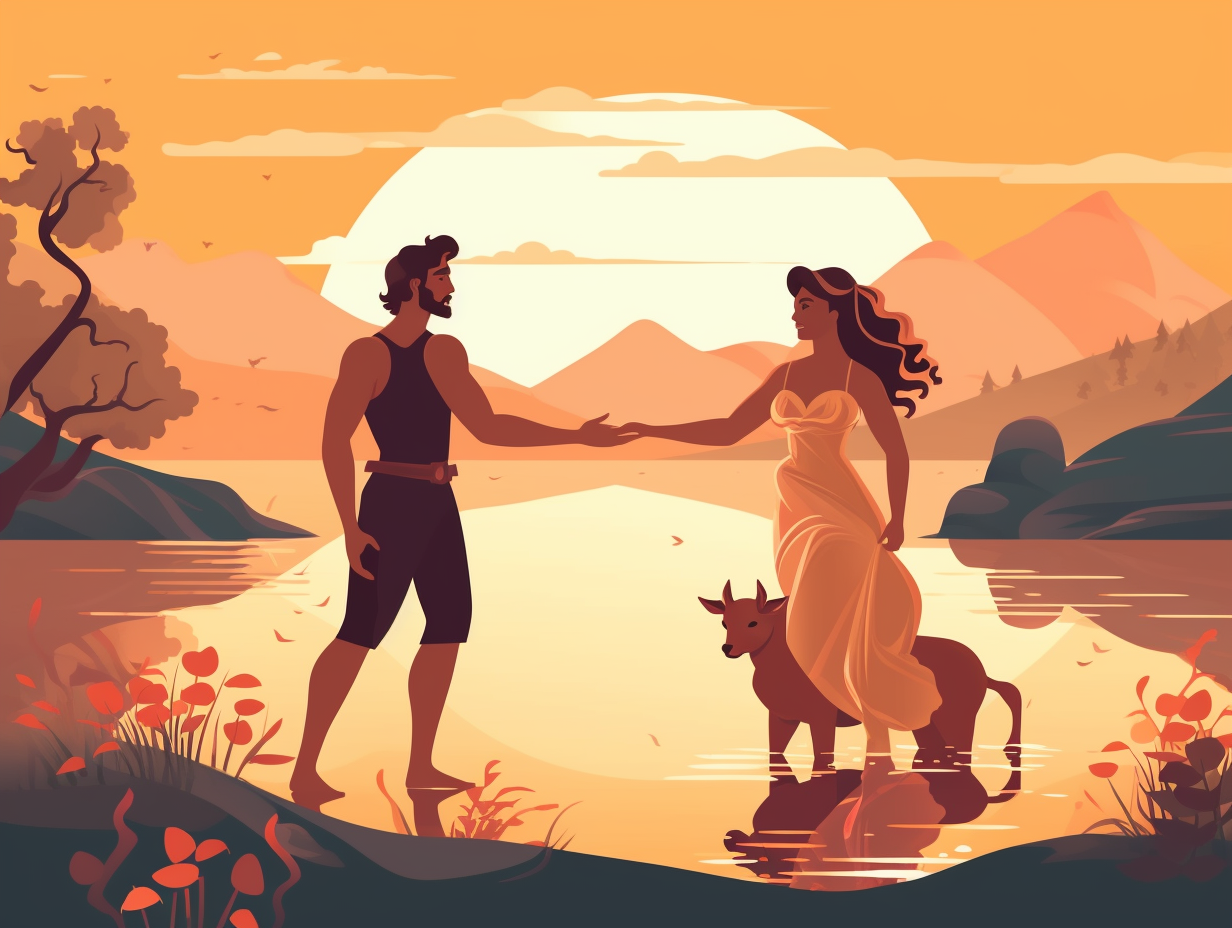
Did you know that Zeus and Hera's celestial marriage was like a cosmic soap opera, filled with Zeus' infidelity and Hera's vengeful jealousy? Discover more intriguing facts about Greek mythology!
=> Fun Facts about Greek-Mythology
3. Grímur Thorkelin: Beowulf's Savior
In a tale as fiery as the wrath of Grendel himself, Beowulf's epic journey nearly came to an ash-ridden end before it even graced the pages of our modern libraries: Grímur Thorkelin, an Icelandic scholar, published the first edition of this Old English poetry masterpiece in 1815 after making two transcripts of the medieval manuscript, which would have literally gone up in smoke during a fire in 1731 if not for his fervor in preserving its fading words on parchment.
Source => onlineonly.christies.com
4. The Nowell Codex: The Fiery Manuscript
You'd think that finding a medieval mixtape of Old English hits would be exciting enough, but it turns out Beowulf is something of a firestarter, too: The Nowell Codex, which notably includes Beowulf, the classic party-pooper of Old English literature, barely escaped the flames like a heroic epic protagonist when Ashburnham House in London was engulfed in a fire in 1731. Thanks to the manuscript's survival skills, Beowulf continues to inspire translations and remind us all that even ancient literature is versatile, like a good yoga pose.
Source => en.wikipedia.org
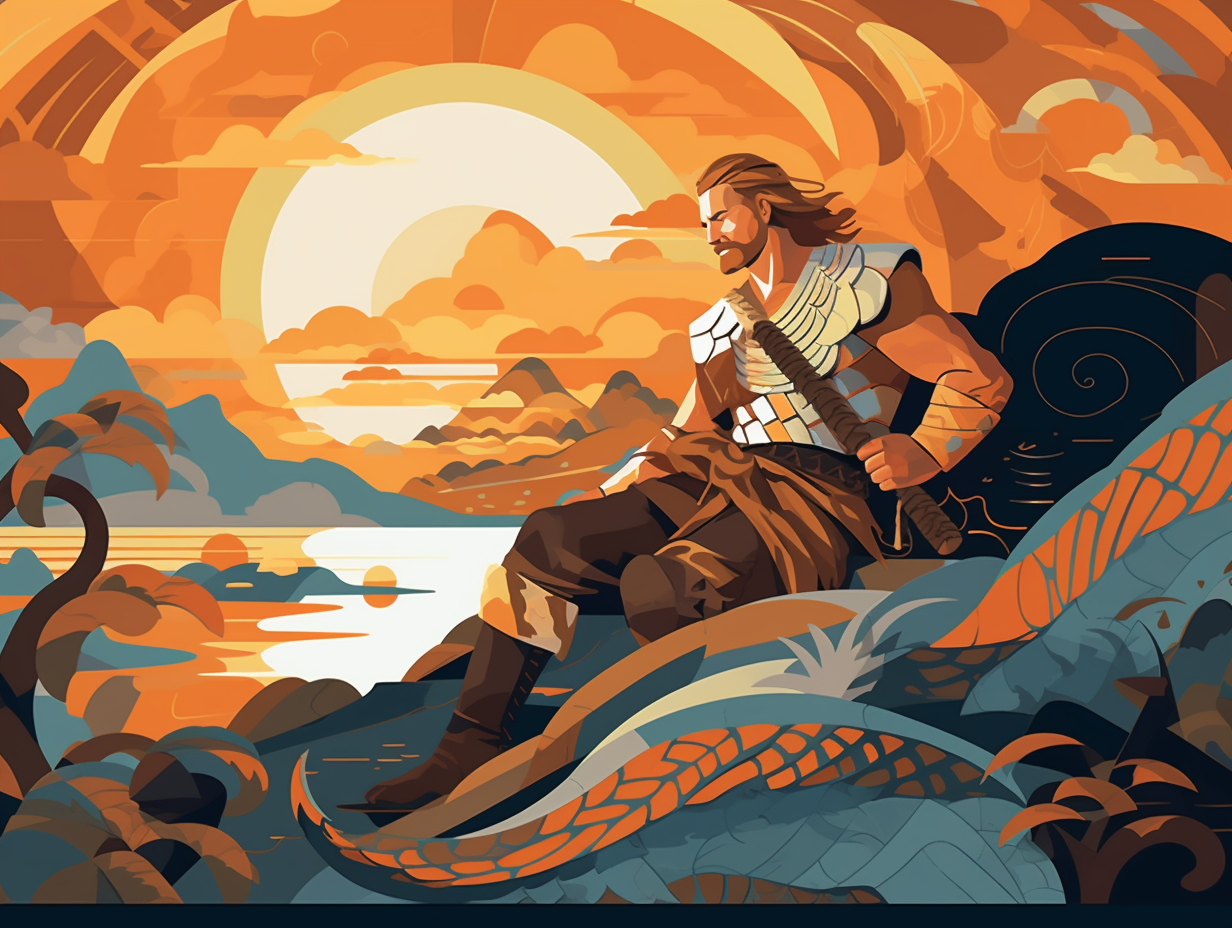
5. Grendel: Monster or Misunderstood Giant?
You know Grendel: That beast that was never played by Hollywood's "Sexiest Man Alive" in the Beowulf movie adaptations? It turns out, it's not their fault for the rendition: Despite being described as a monster or giant, Grendel's exact appearance in the Anglo-Saxon epic poem Beowulf remains a subject of scholarly debate due to a lack of clear physical description in the original text.
Source => en.wikipedia.org
6. Beowulf: Lord of Mead Hall Parties
Move over Long Island Iced Teas, and make way for mead-filled parties: Beowulf was the life of the shindig as he not only defeated the fearsome Grendel and its mother, but also saved a Danish mead hall, the hub of merrymaking and culture, thus ensuring the festivities could flow heartily once more.
Source => ancient-literature.com
7. Grendel's Mother: More Than Just a Water-Hag
Next time you're in an underwater cave wrestling an angry mom, remember: Grendel's mother from Beowulf wasn't just your run-of-the-mill water-hag, but a multifaceted figure caught in the web of literary ambiguity. The serious reveal: Scholars debate her true nature and looks due to unclear Old English descriptions, with some arguing she's a heroic figure following the heroic ethic of blood-feud in avenging her son's death before Beowulf takes her down, sword in hand, and decapitates her and her deceased son Grendel.
Source => en.wikipedia.org
8. Women in Beowulf: Not Just Damsels in Distress
Step aside, Wonder Woman: In the epic tale of Beowulf, women played a crucial role in Anglo-Saxon society, using their innate talents for diplomacy, grace, and gift-giving to maintain peace and balance among their macho warrior counterparts.
Source => ancient-literature.com
9. Tolkien and Beowulf: A Middle Earth Connection
Once upon a Tolkien time, in a Shire far, far away, a hobbituous linguist embarked on a monstrously epic adventure of translating an ancient epic poem, bringing the rhythm of Middle Earth into the world of Old English literature: J.R.R. Tolkien, the legendary author of The Lord of the Rings, also translated Beowulf with his masterful prose, shedding light on the poem's complexities through his insightful commentaries, while his fanfiction attempt, Sellic Spell, remained unpublished and mysterious as the One Ring itself.
Source => goodreads.com

10. Kennings: Grendel's Unique Descriptions
What do monstrous creatures and clever wordplay strategies have in common? They both have a penchant for hanging out in Beowulf! Believe it or not, they help to paint the not-so-charming portrait of the lovable monster-next-door that your mother warned you about: Kennings in Beowulf are used to uniquely describe Grendel, the antagonist, with such imaginative terms as "Hell's captive," "Sin-stained demon," and "God-cursed brute," making sure you'll never run out of ways to describe your worst nightmare.
Source => ancient-literature.com
11. Grendel's Biblical Connection
Who knew that Grendel was into genealogy? Our monstrous friend from Beowulf was actually quite the Biblical enthusiast, with more in common with Ancestry.com users than one might think: Grendel is described as a descendant of Cain, blending the Pagan world of the story with Christian references, highlighting the intriguing coexistence of both belief systems within the poem, and adding a cursed lineage subplot to this classic tale that even daytime soap operas would be proud of.
Source => study.com
12. Hrothgar & Hrothulf: Party-Hopping Heroes
Once upon a millennium, in a galaxy not so far, far away – but definitely far enough – Hrothgar and Hrothulf, amidst their busy social schedules, RSVP'd "yes" to not one, but two legendary literary events: the Beowulf Bash and the Hrolf's Saga Soiree! Well, who can say no to a party-hopping adventure?: Both Hrothgar and Hrothulf appear in the epic poem Beowulf and Hrolf's Saga, signifying a shared legendary tradition between the two works, although the theory that Hrolf Kraki and Grettir the Strong were influenced by Beowulf is just a poetic misconstruction not validated by any scholarly scrolls.
Source => viking.ucla.edu
13. Beowulf's Mysterious Timeline
Just when you thought you had the whole timeline pinned down, Beowulf slips through your fingers like a greased pig at a medieval fair: Scholars scratch their heads over when exactly the epic tale of Beowulf took place, with some advocating for the 8th century Anglo-Saxon period, while others daringly suggest it wasn't penned until the 11th century.
Source => en.wikipedia.org
Related Fun Facts

